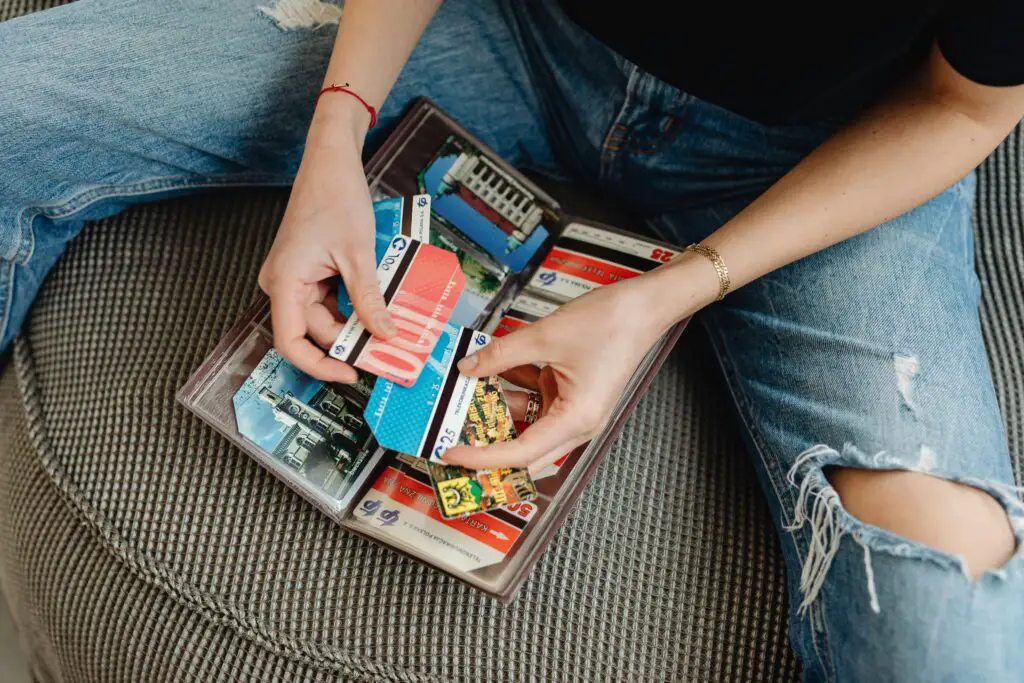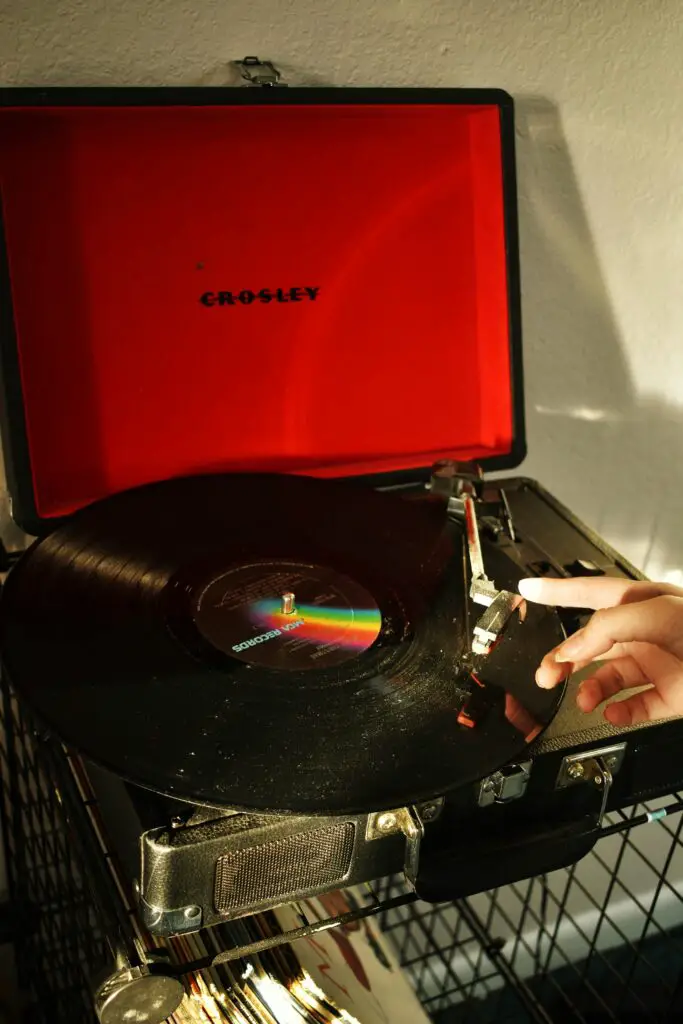Know Your Niche

Before diving headfirst into antique collecting, decide on a niche. Whether it’s vintage furniture, rare books, or mid-century pottery, focusing on a specific area helps you build expertise and makes your collection more cohesive.
Research Before You Buy
One of the golden rules of successful collecting is to do your homework. Research the item, its history, and its typical market value. The more you know, the less likely you are to overpay or get duped by a fake.
Trust Your Instincts
If something feels off about a piece or a seller, trust your gut and walk away. Your instincts are an important tool in the world of antique hunting, especially when dealing with big-ticket items or unfamiliar pieces.
Be Patient—Good Things Take Time
Collecting antiques isn’t a race. The best finds often come when you least expect them, so don’t rush the process. Be patient, and wait for the right piece to come along rather than settling for something that doesn’t excite you.
Inspect Every Detail
When you come across an antique, inspect it thoroughly. Look for maker’s marks, signs of authenticity, wear, or repairs. Check all sides, not just the front—hidden details can tell you a lot about an item’s history and value.
Don’t Be Afraid to Haggle
Antique prices are often negotiable, especially at flea markets, auctions, or estate sales. Don’t be shy about offering a lower price, but be respectful when you do. Most sellers expect some level of negotiation, and you could score a great deal.
Condition Matters—But Don’t Overlook Charm

While the condition of an antique is crucial for its value, don’t get too hung up on perfection. Sometimes, the charm of a piece lies in its wear, especially with well-loved items that have aged gracefully over time.
8. Build Relationships with Dealers
Developing relationships with trusted antique dealers can lead to better finds and insider tips. Dealers often know what’s coming into their shop or other sources of hidden treasures, and they’ll keep you in mind if they know what you’re looking for.
9. Be Ready to Walk Away
One of the toughest rules to follow is knowing when to walk away. If an item is too pricey, or you’re unsure of its authenticity, don’t feel pressured to buy. There’s always another antique waiting for you around the corner.
Learn the Art of Restoration—But Know Your Limits
Some pieces need a little TLC to bring them back to life, and learning basic restoration techniques can save you money. However, know your limits and don’t attempt major repairs that could damage the piece or lower its value. For larger projects, it’s better to leave it to the experts.
Document Your Collection
Keep a record of each item in your collection, including its origin, purchase price, and any unique details. This documentation helps you track the value of your collection and can be useful for insurance purposes.
Go Beyond the Price Tag

The monetary value of an antique is just one factor. Think about how a piece fits into your collection or the story it tells. Sometimes the best pieces aren’t the most expensive but the ones with sentimental or historical significance.
Follow the Market Trends
Antique markets can be unpredictable, with trends constantly shifting. Stay informed by attending auctions, reading antique publications, or joining collector groups. Knowing what’s in demand and what’s falling out of favor will help you make smarter buying decisions.
Have Fun and Collect What You Love
At the end of the day, collecting antiques should be enjoyable. Don’t focus solely on potential resale value or investment returns—collect what brings you joy. When you love what you’re collecting, each new piece adds value far beyond the price tag.
By following these 14 rules, you’ll not only become a successful antique hunter but also build a collection that reflects your passion and expertise. Happy hunting!


